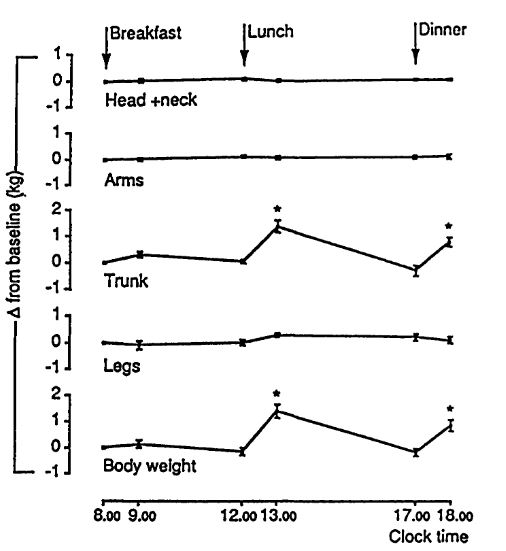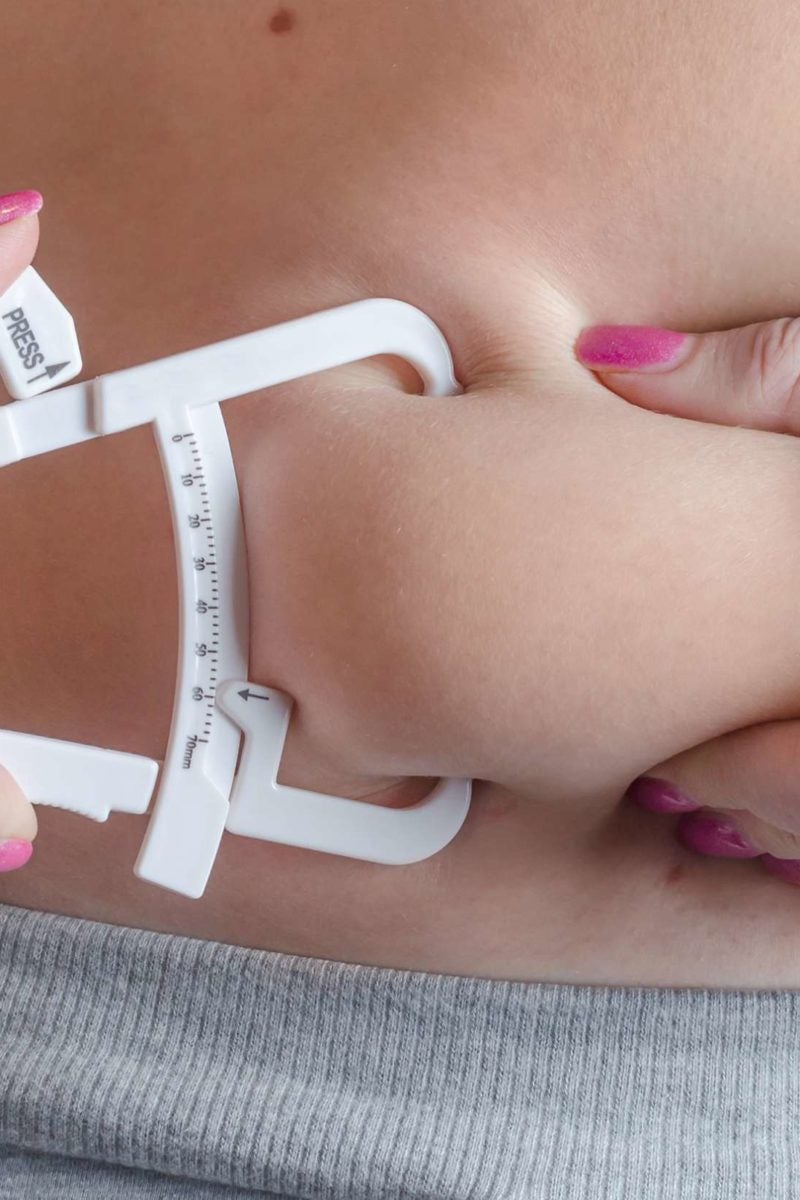Body composition the assessment of body composition and of somatic protein stores involves the measurement of different body compartments water fat bone muscle and visceral organs. Based on the wide range of measurable properties analytical methods and known body composition models clinicians and scientists can quantify a number of body components and with longitudinal assessment can track changes in health and disease with implications for understanding efficacy of nutritional and clinical interventions diagnosis prevention and treatment in clinical settings.

A Review Of Body Composition Measurement In The Assessment O
A review of body composition measurement in the assessment of health. The measurement of body composition bc represents a valuable tool to assess nutritional status in health and disease. A quick google search will reveal a number of different ways to measure body mass and composition. This measurement includes all of the elements of your body bones blood organs muscles and fat. In sarcopenic obesity and chronic diseases body composition measurement with dual energy x ray absorptiometry bioelectrical impedance analysis or computerized tomography quantifies the loss of ffm. At any rate these 9 indicators are some of the most important factors to consider. Accurate measurement of body composition is required to improve health outcomes in children and adolescents with overweight or obesity.
A review of body composition measurement in the assessment of health. Other methods to assess body fat continue to be studied. Weight is an overall measure of your body mass. This review provides a summary of current technological advances in the measurement of human body composition and an overview of research and field based methods that are relevant to the health. This systematic review aimed to summarize the reliability and validity of field and laboratory body composition techniques employed in pediatric obesity studies to facilitate technique selection for research and clinical practice implementation. These scans can provide the most precise body composition measurements especially for intra abdominal fat measurement.
The most used methods to evaluate bc in the clinical practice are based on bicompartment models and measure directly or indirectly fat mass fm and fat free mass ffm. The fat free mass mainly composed of muscle comprises the majority of the somatic protein mass. Ffm loss is related to increasing mortality worse clinical outcomes and impaired quality of life. They are expensive however and are usually not indicated solely for measuring body fat. Imaging tests such as ultrasound may also be used to measure body composition.
















